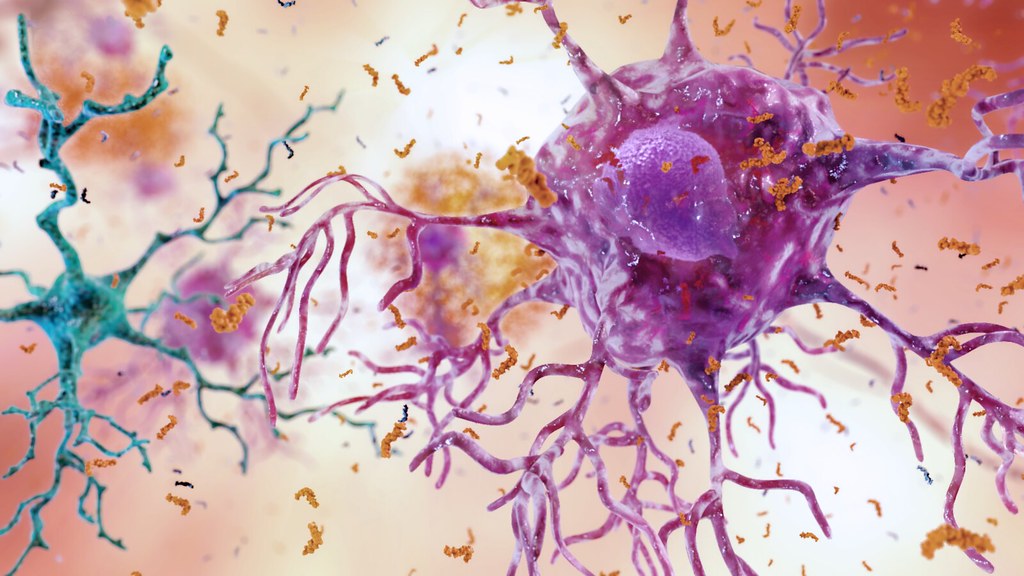A Promising Trial Targets a Genetic Risk for Alzheimer’s
By Gina Kolata,
The New York Times
| 12. 05. 2022
In a bold attempt to stop the progress of some cases of Alzheimer’s disease, a group of researchers is trying something new — injecting a protective gene into patients’ brains.
The trial involved just five patients with a particular genetic risk for Alzheimer’s. They received a very low dose of the gene therapy — a test of safety, which the treatment passed. But the preliminary results, announced Friday during the Clinical Trials on Alzheimer’s Disease conference, showed that proteins from the added gene appeared in the patients’ spinal fluid, and levels in the brain of two markers of Alzheimer’s disease, tau and amyloid, fell. Those findings were promising enough to advance the clinical trial into its next phase.
Treatment of another five patients at a higher dose is underway, and the work, initially funded by the nonprofit Alzheimer’s Drug Discovery Foundation, is supported by Lexeo Therapeutics, a fledgling company founded by Dr. Ronald Crystal, who is also chairman of the department of genetic medicine at Weill Cornell Medicine in New York. The hope is to get a stronger response...
Related Articles
By Diaa Hadid and Shweta Desai, NPR | 01.29.2026
MUMBRA, India — The afternoon sun shines on the woman in a commuter-town café, highlighting her almond-shaped eyes and pale skin, a look often sought after by couples who need an egg to have a baby.
"I have good eggs,"...
By George Janes, BioNews | 01.12.2026
A heart attack patient has become the first person to be treated in a clinical trial of an experimental gene therapy, which aims to strengthen blood vessels after coronary bypass surgery.
Coronary artery bypass surgery is performed to treat...
By Staff, ScienceDaily | 01.05.2026
Scientists at UNSW Sydney have developed a new form of CRISPR technology that could make gene therapy safer while also resolving a decades-long debate about how genes are switched off. The research shows that small chemical markers attached to DNA
...
Following a long-standing CGS tradition, we present a selection of our favorite Biopolitical Times posts of the past year.
In 2025, we published up to four posts every month, written by 12 authors (staff, consultants and allies), some in collaboration and one simply credited to CGS.
These titles are presented in chronological order, except for three In Memoriam notices, which follow. Many more posts that are worth your time can be found in the archive. Scroll down and “VIEW...




